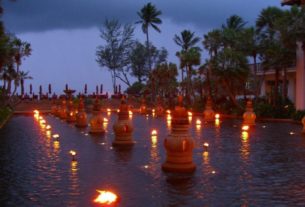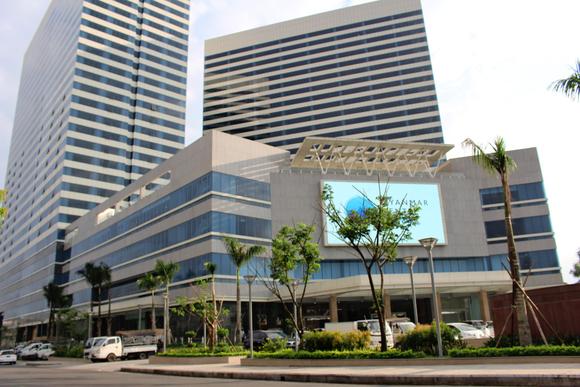Let’s build our next coal-power plant in Cambodia
Opinion By The Nation
As with the hydroeletricity coming from Laos, our other neighbour can reap income from shipping energy to the Thai south
Plans to build a major power plant in southern Thailand have been contentious from the start, but concerns have intensified over the past two decades.
The latest case in point is the uncertain future of the 2,000-megawatt Thepha coal-fired power plants planned for Songkhla province. The Electricity Generating Authority of Thailand (Egat) wants to build an 800-megawatt coal-fired plant in neighbouring Krabi province, but that project has been postponed indefinitely.
More recently, Prime Minister Prayut Chan-o-cha has said the Thepha project would also be suspended, for another three years, due to strong local opposition (though the plan has many supporters in the province as well).
Overall, Egat’s power-development programme for the country’s southern region requires an additional capacity of 3,800 megawatts. The aim is to generate this from the 800MW Krabi project by 2019 and 1,000MW each from Thepha 1 by 2021, Thepha 2 by 2024 and an as-yet-undesignated plant by 2034.
Electricity demand in Songkhla accounts for about 20 per cent of the region’s total, followed by Surat Thani at 17 per cent, Phuket at 16 per cent, Nakhon Si Thammarat at 12 per cent, and Trang and Krabi at 5 per cent apiece.
Among the major power users are households, tourist attractions and large commercial establishments and factories.
Tourism and commercial entities together account for as much as 36 per cent of the total power demand.
At present, the South has only two major power plants, in Chana and Kanom, with a combined capacity of about 2,000MW, while hydroelectric power, bio-mass and other renewable-energy sources contribute around 600MW.
Southern tourist destinations, especially Phuket, Phang Nga and Krabi, account for one-fifth of the country’s GDP thanks to revenue from foreign visitors, so the industry has mounted powerful opposition to additional power plant projects in the region.
Despite repeated reassurances in recent years of more efficient and cleaner technology being used in the latest-generation coal-fired plants, opponents are furious to see these projects go ahead in their own backyards.
The stalemate seems likely to continue for years to come, until the region faces a critical shortage of electricity.
Such an outlook does not sit well with residents in general or tourism and other sectors.
Degradation of the environment and precious ecological-tourism assets has long been a powerful argument against the construction of more coal-fired plants, despite significant advancements in the technology used.
Coal-fired plants are also a relatively cheap source of electricity compared to other fuels, such as liquid natural gas.
In a bid to end the deadlock, the government and both the supporters and opponents of coal-fired plants should consider another alternative.
Thailand could negotiate to build such a plant in neighbouring Cambodia and for the electricity to be transmitted to the Thai South via lines that would only have to extend 1,000 kilometres.
It’s the same arrangement we have with Laos on multiple hydroelectric projects, in which Thailand has long been a major purchaser of the electricity produced.
Proponents of such deals say they represent win-win solutions, appeasing both opponents and
proponents of new projects in Thailand and creating a fresh source of revenue for our less prosperous neighbours.
Source: http://www.nationmultimedia.com/detail/opinion/30338381

